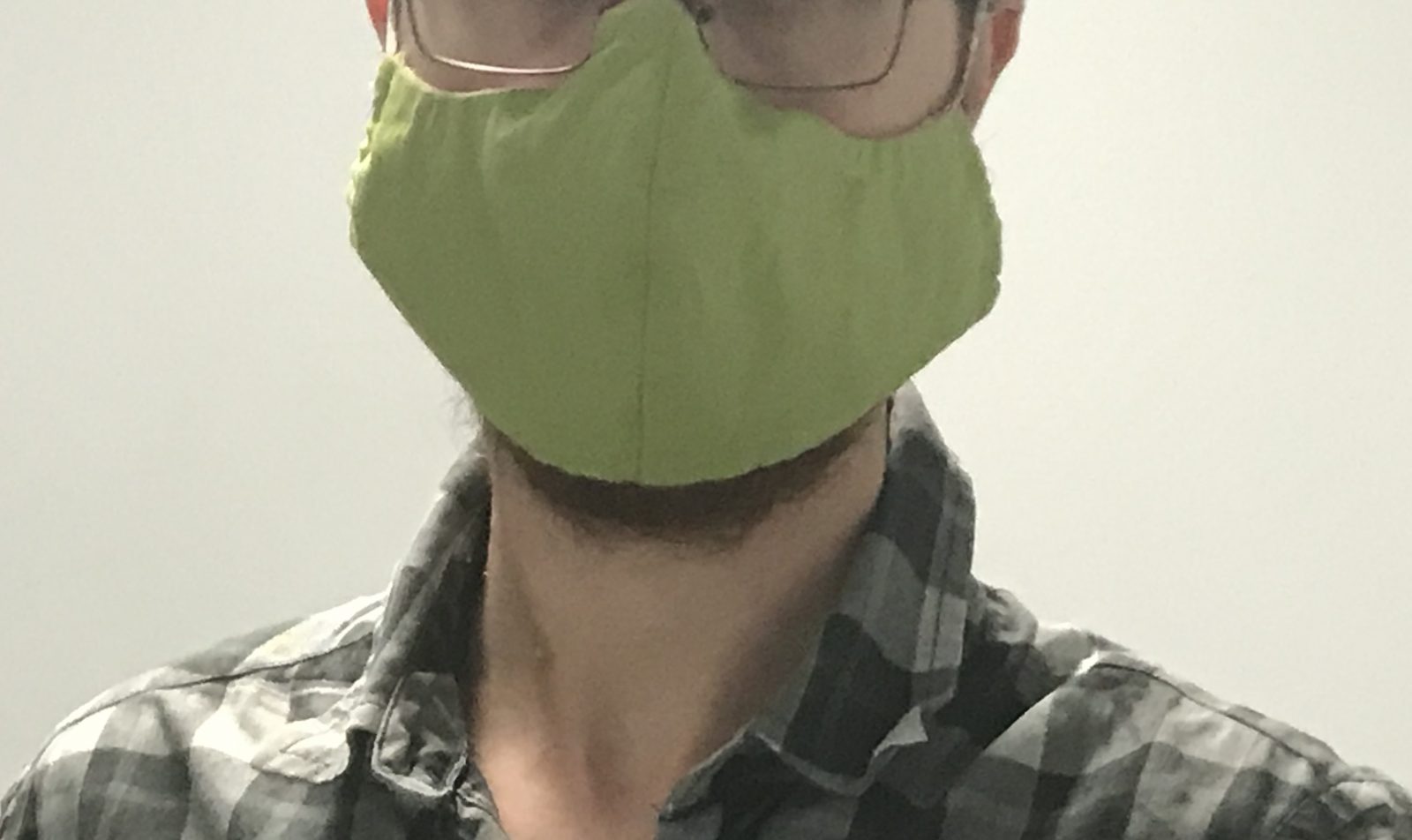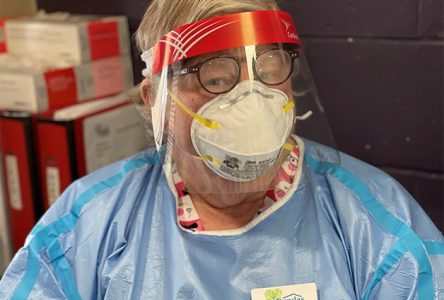CORNWALL, Ontario – At their meeting on Monday, July 20, the United Counties of SD&G Council passed a by-law requiring masks in all of the buildings they operate.
On Tuesday, July 7, the Eastern Ontario Health Unit (EOHU), in concert with neighbouring health units in Leeds-Grenville and Ottawa issued a directive under the Emergency Management and Civil Protection Act making masks mandatory throughout their regions.
“If I wear a mask, I protect you. If you wear a mask, you protect me. If we all wear masks, we all protect each other,” said Dr. Paul Roumeliotis of the EOHU at the time. “We want to quell or decrease as much as possible a second wave. We’ve done a good job. Let’s continue doing a good job.”
The United Counties decision formalizes that directive from the EOHU for their own properties.
” Recent studies have shown a direct relationship between uptake of mask use within a population and a decline in transmission and acquisition of COVID-19,” a report from Counties administration reads. “This policy takes into consideration the local health directives issued by the EOHU regarding mandatory mask use within enclosed public spaces as well as all specified exemptions and staff training requirements.”
The EOHU provided the following list of enclosed public spaces.
These include but are not limited to:
- Restaurants, cafés, cafeterias, banquet halls
- Retail establishments and shopping malls
- Churches, mosques, synagogues, temples, or other places of worship
- Libraries, museums, art galleries, recreational facilities, bingo halls, community centres and halls, cinemas, theatres, concert venues, special event venues, convention centers, or other similar entertainment, cultural, or leisure facilities
- Sports facilities, sports clubs, gyms, yoga studios, dance studios, and stadiums
- Common areas of hotels, motels, or short-term rental premises such as lobbies, elevators, meeting rooms, rest rooms, laundry rooms, gyms, and kitchens
- Public and private transportation including taxis and rideshare services
- Common areas of premises under the control of a regulated health professional under the Regulated Health Professions Act, 1991, S.O. 1991, c. 18, as amended, such as waiting rooms
- Common areas of hospitals and independent health facilities such as lobbies, food courts and retail establishments
- Spas, hair salons, barbers, nail salons, and other personal service settings that are subject to health and safety protocols provided by the Province of Ontario during the provincial emergency
- Municipal public spaces
The following are NOT considered an “Enclosed Public Space”:
- Spaces subject to provincial and/or local public health guidance:
- Schools under the Education Act, R.S.O. 1990, c. E.2, as amended
- Child care centres and providers governed by the Child Care and Early Years Act, 2014, S.O. 2014, c. 11, as amended
- Day camps
- Offices not open to the public including professional offices where clients receive services not open to public (e.g. lawyer, accountant)





